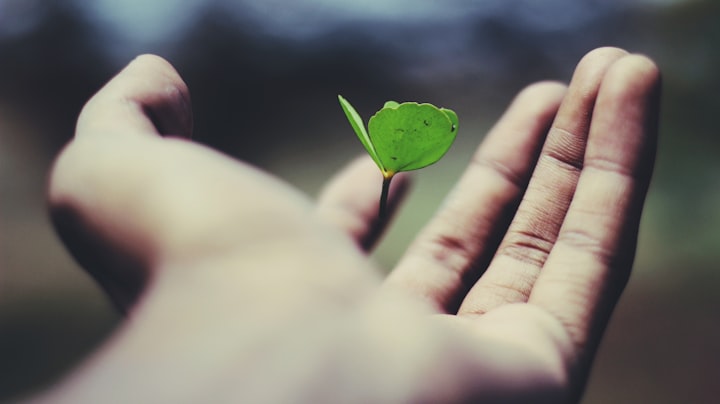2 Life As an Object.
the original in the real world has a life

Life as an Object: An Exploration of Objectification in Society
Objectification is a term used to describe the process of viewing someone or something as a mere object, lacking in individuality, autonomy, and intrinsic value. This occurs when a person's worth is reduced to their physical appearance or utilitarian value, and their experiences and emotions are disregarded. The concept of objectification has been widely studied in the fields of psychology and sociology, but its effects on human life are far-reaching and complex.

One of the most prominent examples of objectification is the sexualization of women in modern media. This is a form of gender-based objectification that has been perpetuated for centuries and has been shown to have harmful effects on women's self-esteem and body image. In a society where women are constantly bombarded with images of idealized beauty and sexualized bodies, it is no wonder that many struggle with feelings of inadequacy and low self-worth. This objectification reinforces the idea that women are only valuable for their bodies and their sexual appeal, reducing their worth to their physical appearance and ignoring their experiences, personalities, and goals.

Another example of objectification can be seen in the way that people with disabilities are often viewed. People with disabilities are often seen as passive, helpless, and dependent, and their experiences and emotions are frequently ignored. This objectification reinforces the idea that people with disabilities are only valuable for their medical or care-taking potential and ignoring their experiences, personalities, and goals. This can lead to feelings of isolation, low self-esteem, and a lack of respect and dignity.
The effects of objectification go beyond just harming individuals, however. It also perpetuates harmful power dynamics and reinforces oppressive systems of patriarchy, racism, and ableism. Objectification is used to justify violence and discrimination against marginalized groups, and it reinforces the idea that some people are superior to others based on their appearance or abilities.

However, objectification is not limited to just those who are marginalized or disadvantaged. It can affect people of all genders, races, and abilities. The notion of objectification can be applied to a wide range of objects and subjects, including animals, inanimate objects, and even entire countries or cultures. The way in which animals are treated as commodities and reduced to their value as sources of food, clothing, or entertainment is a clear example of objectification. The commodification of cultures and countries, in which they are reduced to their economic value and tourist appeal, is another example.
In order to challenge and resist objectification, it is important to be aware of its effects and to work towards creating a more respectful and equitable society. This involves examining our own attitudes and beliefs about objectification and working to change the ways in which we view and treat others. It also requires advocating for policies and practices that respect the dignity and worth of all people, regardless of their appearance or abilities.
For example, media literacy education can help to promote healthy body image and challenge the sexualization of women. The promotion of inclusive and accessible environments can help to challenge the objectification of people with disabilities. The promotion of animal rights and sustainable practices can help to challenge the objectification of animals. And promoting cultural awareness and respect can help to challenge the objectification of cultures and countries.

In conclusion, objectification is a pervasive and harmful phenomenon that affects people of all genders, races, and abilities. It reduces individuals to their physical appearance or utilitarian value and reinforces oppressive systems of patriarchy, racism, and ableism. To challenge and resist objectification, we must examine our own attitudes and beliefs and work towards creating a more equitable and respectful society. By promoting media literacy, accessibility, animal rights, cultural awareness, and respect for all people, we can work





Comments
There are no comments for this story
Be the first to respond and start the conversation.